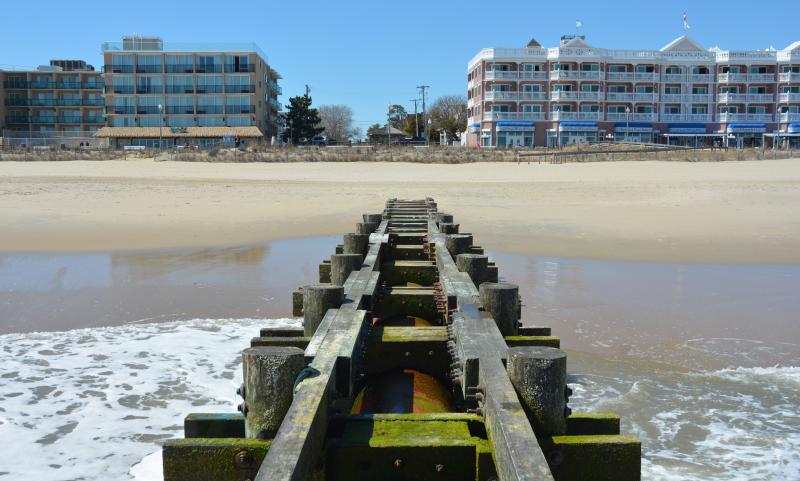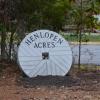Rehoboth moving toward stormwater utility in 2026
Rehoboth Beach officials are still working toward the creation of a utility to pay for millions of dollars in infrastructure improvements to the city’s stormwater system. The new timeline has implementation occurring by April 2026.
The city has been working on the issue for years. A task force was created to recommend a way to pay for projects, and it suggested a funding method called stormwater billing units, which is based on impervious surface area for an individual property. The last time the topic was discussed was May 2023, when commissioners tasked city staff with coming up with a plan.
Christine Estes, an engineer for the city’s consultant AECOM, has been working with the city since it began exploring the issue. She made a presentation at the March 10 commissioner workshop to provide an update.
She said stormwater is critical for the city and has potential economic impacts. The idea would be that people with more impervious surfaces pay more because they have more runoff, she said, adding that the reason for looking at a utility is because stormwater maintenance is currently done through the city’s general fund.
AECOM has done an analysis of the impervious area in the city. Estes said the review shows the city’s impervious area is 39% roads, 39% residential, 21% nonresidential and 1% church or nonprofit. This was done with the latest aerial imagery that is available, which was 2024, said Estes.
Estes said the city still has to decide what the fee is going to cover – just operations and management or operations, management and capital improvements. She provided estimated annual costs, with a 5% inflation factor added for each year, for the typical family home under the two different scenarios – $236 vs. $445 in 2026; $248 vs. $467 in 2027; $260 vs. $490 in 2028; $273 vs. $515 in 2029.
Mayor Stan Mills said he’s still interested in the accuracy of the aerial imagery used to determine impervious surfaces. He’s got oak trees on his property that make it so someone can’t see if there’s asphalt below, he said.
Estes said the technology has gotten much better over the course of the past few years, and there would be an appeals process created for property owners who want to challenge what the city’s map says.
Commissioner Francis “Bunky” Markert said he would like to see incentives discussed to try and encourage property owners to take measures to reduce stormwater runoff.
Estes said a credit program will be developed as part of the process.
Commissioner Mark Saunders said there’s still some discussion on what pervious and impervious surfaces are. For example, he said, mulch versus stone.
Looking out five years, the city estimates there are $6.2 million worth of improvements needed to the stormwater system.
Assistant City Manager Evan Miller said the city makes improvements to the stormwater system when it can. He provided a couple of examples – the curb on Philadelphia Street was raised a couple of inches when the city did street paving a couple of years ago and street sweeping.
Part of the reason for the delay is the creation of the city’s stormwater master plan, which city staff has been working on since commissioners directed them to do so in May 2023. Public Works Director Henry Matlosz said the plan is expected to be 60% complete soon, and then 90% complete a few months after that.
There’s no immediate time frame set for when the issue will be back before commissioners.

















































